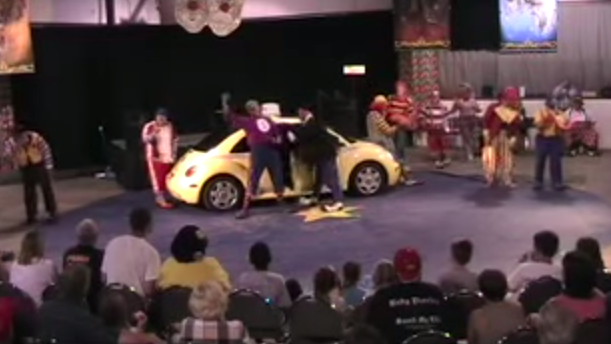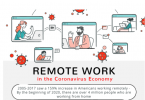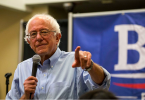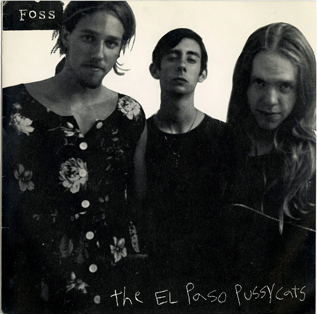aNewDomain — Well, we’re about one third of the way through 2015, and the 2016 presidential clown car is loading up.
Maybe you’ve never been to the circus, so you don’t know why people keep saying, “clown car.”
This is an old circus gag. A car parks in one of the rings, with the complete side of the car to the audience. The near-to-the-audience door opens, and an improbable number of clowns come out. You can’t see that the far door is open and the clowns are just climbing through the car, giving the impression the car is loaded with grease-painted jokers.
It’s not really an imprecation that many, most or all of the people running for president are clowns. Although …
In the 2012 election, candidates on one team could not pass through the straw polls, religious conferences and prayer meetings without rejecting evolution, climate change, anything else that sounded scientific. Many of the candidates evidently had no expectation of being put forward by the party but only wanted to be relevant for a moment — to sell books and make money.
This guy got himself hired as a political commentator.
Fox News isn’t paying him in peanuts, either.
The path to the presidency is so arduous these days that few of the candidates seem to be serious. People get into muddy the waters or just to raise money, get rich. Taking a look at who has announced for 2016 and who is publicly mulling it over, it’s clear we’re still going to have a disproportionate number of candidates on one side, and they’re almost all going to be people unpalatable to the voting public at large.
The reason for this probably comes down to gerrymandering. Voting districts have been engineered such that a majority of people in a state can vote for one party but be represented in Congress primarily or almost entirely by the other party. This also means that primary elections go to extremists, particularly on the Red side.
So someone like Ted Cruz can win, and win handily, in his local and state-level elections and gets a lot of positive feedback from his constituents for his antics in Washington. But presidential elections are a lot less extremist, far more centrist than local or state elections. We don’t quite have a popular vote but close enough for government work.
Cruz may be suffering from a surfeit of self-efficacy. Self-efficacy is the knowledge that we can accomplish what we set out to do. Sometimes we need a reality check. Here are some folks getting the idea that not all things turn out the way they plan.
There are surprisingly few Youtube and Fakesbook candidates for president. Michael Finley is one of them, as you can see from the embedded YouTube video below.
Finley says he wants to prove that it can be done. And if nobody wants to vote for him based on some YouTube videos, well, the country must be broken.
Maybe I should run for president, bust some heads, make some laws.
A lot of what he’s saying is far from hogwash. We have serious problems, from gerrymandering to dark money to light money to money, money and money. We have the Supreme Court becoming politicized and taking sides. And certainly voting for one of the politicians taking all of that money, put forward by the extremists who vote in primary elections, seems like a waste of a vote. A YouTube campaign is unlikely to garner sufficient attention to even sway the candidates back towards middle positions the way third-party candidates sometimes can.
Americans suffer too much self-efficacy. We look at the state of the world and think, What can I do? What can I do about racism? What can I do about climate change? Never mind that the president has next to no power in lawmaking or even really in agenda-setting.
The idea that I cannot individually make a difference to national or global problems is upsetting.
Which brings us to Hispanic working poor.
Understanding the Abuela Effect
Poverty has well-documented effects on a population. People raised in poverty tend to experience undernutrition, educational deficits, future joblessness and all the cyclic effects of being poor. But in Hispanic neighborhoods, specifically those rich in immigrants from Mexico, the Abuela Effect kicks in.
This is the tendency for people to eat communally, for the mothers and grandmothers to take care of everyone in the neighborhood.
That’s in contrast to what happens in white neighborhoods, where we tend to take care of ourselves first, our families second and nobody else third.
In Mexican neighborhoods, the Abuela Effect insulates the poorest people from the worst effects of poverty, like hunger, malnutrition, homelessness, you get the idea.
This is why Mr. Obama did not say, “Yes, I can,” but, “Yes, we can.”
One person cannot solve the problems of the world or the nation. We need more we, less I.
Why we need fewer presidential candiates and a lot more joiners
We need fewer candidates for presidency and a lot more joiners — people who are willing to throw their shoulders to work already in progress.
We don’t need more clowns in the car or more voters to vote for them.
It would be nice to reform politics but that’s unlikely. We do need people who will join movements. Sign up, show up, make things happen. Hold signs and shout. Block traffic. Make phone calls. Sit in. Get pepper-sprayed. Get arrested.
Of course, we’re all too busy and our employment too marginal to do much. A recent fast-foodworkers’ strike was somewhat half-hearted and almost totally ignored by the media. A more protracted strike with full involvement and sympathy strikes from related industries — like adjunct faculty at universities — would garner more attention, grind things to a halt and get more done.
But we’re all employed only contingently. Nobody has to fire us, they can just stop calling us with work for any reason or no reason.
So we stay home and make YouTube videos for our own write-in candidacies. Wonderful.
For aNewDomain, I’m Jason Dias.













